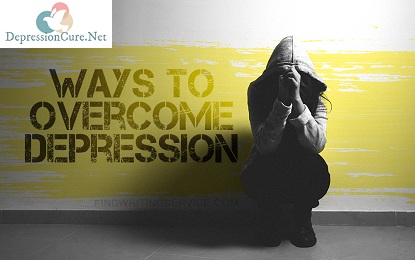Introduction
When there is some pressure on a nerve part of the body, this condition is called a pinched nerve. When there is pressure on the vein, this vein sends a warning signal to the brain; the pain sent by the vein to the brain includes pain, numbness, and weakness, etc. Due to pressure on the vein, the vein becomes narrower.
The vein of any part of the body may be pressurized. A pinched nerve may cause mild damage to the vein, or it may also be severely damaged.
Problems caused by a pinched nerve can last for some time or even longer. The sooner the position of a pinched nerve is detected, the sooner it can be relieved.
The main reason for a pinched nerve is the weakening of the bone around the vein, which is an age-related problem.
For this disease, doctors can ask for imaging tests such as CT scans and MRIs.
Vein compression cannot be prevented, but there are some ways to slow the process of pinching, such as quitting alcohol and smoking and maintaining a healthy weight.
A pinched nerve can be treated in many different ways, depending on several conditions, such as the severity of a pinched nerve, the cause of a pinched nerve, and which part of the body is pinched.
Treatment for pinched nerves often requires painkillers and steroid medications, bandaging, physical therapy, and even in some severe cases, operations.
Click Here To Read: 40 Interesting Phobia Facts
What is Pinched Nerve?

Due to any pressure on the vein, the vein becomes narrower, and this condition is called vein compression. When a vein is pressed, a sensation likes pain, tingling, and needle pricking occurs in that vein. The affected vein also becomes numb.
Pinched Nerve Symptoms?

The vein of any part of the body may be pressurized. Symptoms of pinched nerve depend on which part of the body the nerve is affected.
If there is pressure in the vein of the back, the following symptoms may occur:
- Leg numbness
- Feeling weakness in legs
- Feeling of severe pain in the legs, and becoming more critical with some activities like sitting or coughing.
- If the neck vein is suppressed, its symptoms:
- Sharp pain in the arm
- Side weakness
- Shoulder pain
- Feeling of numbness in the arm or pricking needle or pin
- Turning the head or moving the neck makes the pain worse.
When should the doctor see?
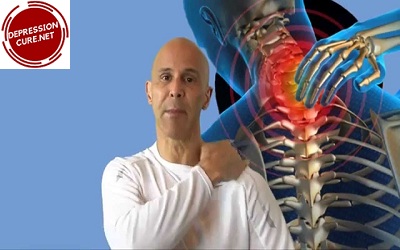
If you have been experiencing symptoms of a pinched nerve for several days, see a doctor. Apart from taking home remedies, ordinary pain relief medicines from medical stores, if you are not getting any rest, then you should go to the doctor.
- If bladder function is affected by a pinched nerve
- Losing the ability to hold an object properly or falling objects repeatedly by hand
- Any part or area of ??the body compressed or loose due to nerve damage
Pinched Nerve Causes & Risk Factors

When a vein is damaged due to direct pressure on a vein, that condition is called vein compression. In this case, the affected vein cannot send the signal. According to the veins present in different places of the body, the cause of vein compression can also be changed.
Repeating a task repeatedly (working in the same motion) also suppresses the nerve. Keeping the body in the same position for a long time also contains the vein, such as keeping the elbow up for a long time while sleeping.
Veins are more vulnerable in areas of your body where they pass through the tight parts of the body, and there are small tissues to protect them.
If the disc located in the spinal cord is not in the correct line, then the nerves going inside the spinal cord start to affect.

In patients who have never suffered a spinal injury before, scar tissue (scars such as scratches on the tissue) begin to form, which affects the nerves located in the spinal cord.

?Some conditions increase the risk of a pinched nerve:
Getting hurt:
Some types of factors such as a fall, a vehicle accident, and sports injuries, etc. can cause spinal cord damage, which results in a pinched nerve.
Improved Body Posture:
Like not being able to sit correctly or not being able to stand
Osteoarthritis:
This causes problems like bone growth and rheumatoid, which causes swelling and redness in the bones. When this happens, the veins begin to constrict, and the bones of the spine start to stiffen due to which the pressure in the veins starts to increase.
Click Here To Read: 50 Interesting Sleep Facts
Spinal Cord Activities:
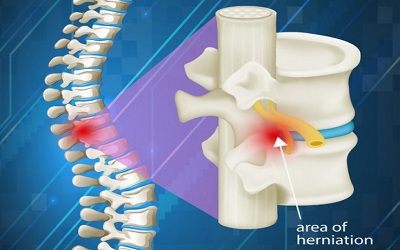
If the spinal cord has been in the same motion for a long time, then in such a situation, the spinal cord becomes inflamed or damaged, causing the vein to compress.
Pregnancy:
Weight gain or accumulation of water in the body increases the pressure in the body, which increases the risk of a pinched nerve.
Obesity:
Tension in the spinal cord and other joints of the body also increases due to the standard weight of the body of excess water in the body. This can also cause a pinched nerve.
Prevention of Pinched Nerve
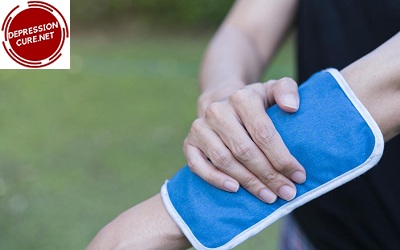
The weakening of the spinal cord is the leading cause of vein compression. The spinal cord weakens as we age.
However, it is not possible to prevent spinal weakening conditions with age. But by making some lifestyle changes, the spinal weakening can be slowed down and also blocked from possible situations that can cause a pinched nerve.
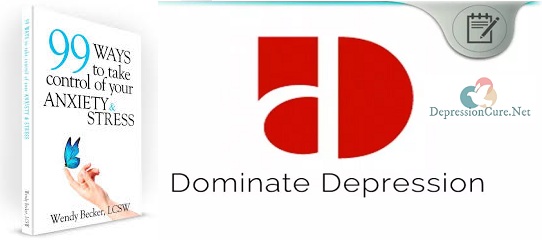
Lifestyle changes, such as:
Diet and Exercise:

Eating right and healthy food and exercising regularly, both of these habits help to keep the muscles healthy and do not allow more weight on the spine than average.
Making the Back Reliable and Flexible:
Doing this reduces the chances of injury to the spinal cord. The body stays in the correct shape so that there is no excess weight on the spine. Problems such as disc problems and other spinal cord damage are also reduced.
Quitting Smoking and Alcohol
Both increase the weakening of bones. Therefore, by stopping the consumption of alcohol and tobacco, the risk of problems such as pinched veins can be reduced.
Body Posture
While sitting on the table all day while bending, turning, or working on a computer, etc., unnecessary stress and weight in the spine causes the spine to get affected.
Diagnosis of Pinched Nerve

To check for a pinched nerve, the patient’s previous medical information is taken, and a physical examination is done. The doctor may ask you during the test if you have not suffered any injury recently.
Also, during this time, the muscles and other sensations of that part of your body are examined, where you are feeling pain and other symptoms.
Some other medical tests can also be done to confirm the test, such as: X-ray
MRI scan:
With this help, discs such as soft tissues, spinal cord, and nerves can be seen.
CT scan:
This test procedure uses an X-ray machine and a computer machine, with the help of which a clear picture of the spinal cord and the area around it is made.
?CT plus myelogram:
During this test procedure, a particular type of dye is inserted into the patient’s body, and then a CT scan is performed. The function of nerves is examined with the help of a CT plus myelogram.
Electromyography and Nerve conduction studies:
These tests are often done to determine if a vein is damaged. Also, with the help of these tests, the severity of the damage is ascertained.
Ultrasound:
An ultrasound test can be done to detect conditions like nerve entrapment etc.
Pinched Nerve Treatment

Several options are available to treat vein compression.
Some forms of treatment primarily focus on reducing pain, while other treatment options reduce spinal and nerve pressure.
Among the different types of vein compression, doctors choose the option that is best for you. Therefore, it is essential to follow the course of treatment prescribed by the doctor, as it helps you to get relief from the symptoms and resume physical activities as soon as possible.
Especially when a person is in pain due to a pinched nerve, treatment is first attempted with treatment options that do not include surgery.
Click Here To Read: Top 25 Ways to be a Good Good Father
Particularly used treatment options such as:
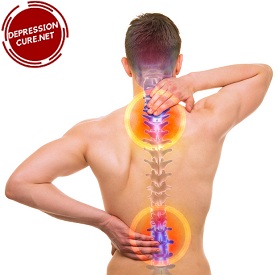
- In most cases, pinching the vein is treated by resting the patient and applying ice.
- Resting the affected area and sometimes getting more sleep also cures the affected vein on its own.
- Over-the-counter pain relievers and inflammatory and irritation-reducing drugs are also used from medical stores to treat pinched nerves.
- With the help of physical therapy, the muscles can be strengthened and stretched.
- Steroid injections can be taken to reduce inflammation in and around the veins.
- Symptoms of a pinched nerve can be relieved by performing some stretching exercises.
The surgical treatment used to treat pinched nerve:

- If the pinched nerve has become critical and is not healing with natural treatment, then it may need to be operated upon.
- If there is pressure on the vein inside the neck, then some surgical treatments are available. Doctors choose one of these types of treatments based on several factors. These factors include vein compression and where the vein is located.
- During the operation, remove the enlarged bone and fix the slip disc, removing parts of the ligaments so that the veins can have full space to drain from there.
What to do if the nerve is pressed?

If your nerve is under pressure, follow these methods to get relief from pain:
Use an adjustable chair and pillows during sitting to reduce the pressure on the vein. By doing this, the vein quickly heals.
Do stretching exercises and yoga slowly, doing this reduces the stress and pressure in the affected area. Do not stretch the affected area more; by doing this, the symptoms of pinched nerve become worse.
If possible, bandage the affected area. Doing so prevents further injury to the affected area and helps in quick recovery of the affected vein. If vein compression is a problem in the arm or leg, this procedure is usually used.
People who have had pressure on their back vein often get relief by raising their legs, because doing so reduces spinal pressure.
Doing less hard work for long periods like walking, swimming or cycling, etc. By doing these exercises regularly, the symptoms of a pinched nerve are reduced, and the body remains in the right shape.
Stretching exercises before and after less hard exercises, keep the body flexible, and reduce swelling and redness around the veins.
Pinched Nerve Complications
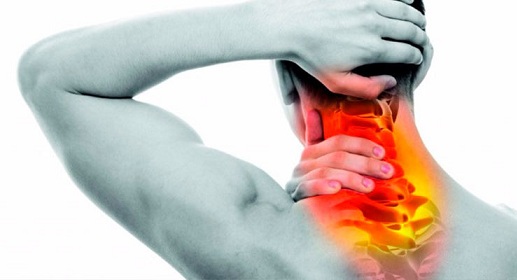
Finding the location of a pinched nerve depends on two things, how serious is the problem of a pinched nerve and for how many days. By detecting these things, it makes sense that there is so much damage in the vein due to the compression of the vein.
The longer the vein symptoms persist, the worse they become, and the chances of a complete recovery also decrease.
If vein compression is occurring for a long time, due to this, the muscle attached to the affected vein also starts to weaken and in some cases, stops working.
Note: Depression Cure does not provide any type of medical advice, diagnosis, or treatment.




